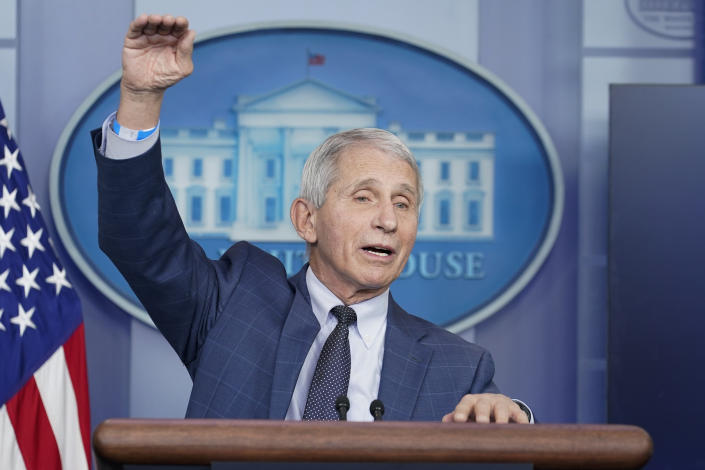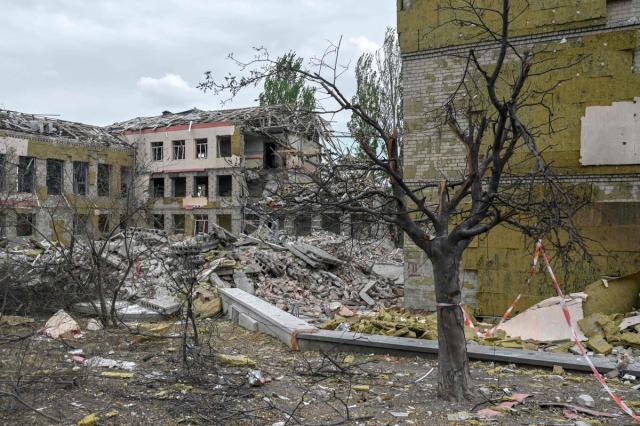Shkoi Kurdistan-
In Davos, Zelensky said: “You can unblock them in different ways. One of the ways is a military solution. That is why we turn to our partners with inquiries regarding the relevant weapons.”
Russia’s war on Ukraine has caused a ripple effect across the globe: It has disrupted supply chains and contributed to the surge in rising fuel prices and scarcity of grains and fertilizer. The Food and Agriculture Organization of the United Nations said in April that Russia’s war on Ukraine was mostly responsible for the 17.1% rise in the price of wheat, barley, corn and other grains.
At a U.N. Security Council meeting on May 19, U.S. Secretary of State Antony Blinken accused Russia of weaponizing food and holding grain hostage “to break the spirit of the Ukrainian people.”
The meeting, which was called by the U.S., was happening “at a moment of unprecedented global hunger” fueled by climate change and COVID-19, “and made even worse by conflict,” Blinken said.
Blinken said Russia has sought to control Ukraine’s ports and access to the Black Sea and the Sea of Azov since launching its invasion in February, and he called it a “deliberate effort” to shut down shipping and block any safe passage.
“As a result of the Russian government’s actions, some 20 million tons of grain sit unused in Ukrainian silos as global food supplies dwindle, prices skyrocket, causing more around the world to experience food insecurity,” he said.
The accusations were described as “absolutely false” by Vassily Nebenzya, Russia’s ambassador to the United Nations.
“You assert that allegedly we are preventing agricultural products from being taken out of Ukraine by sea,” Nebenzya said. “However, the truth is that it is Ukraine and not Russia that has blocked 75 vessels from 17 states in the ports of Nikolaev [known as Mykolaiv in Ukraine], Kherson, Chernomorsk, Mariupol, Ochakov, Odesa and Yuzhny and has mined the waterways.
“Unless this issue is resolved, we cannot speak of any opportunities to export Ukrainian grain by sea,” he warned.
The U.S. has few options for helping to end Russia’s blockade. Joint Chiefs of Staff chairman Gen. Mark Milley noted out at a press conference Monday with Defense Secretary Lloyd Austin that the U.S. has no vessels in the Black Sea.
“I think it’s quite important to the economy of Ukraine, and many countries in the world depend on Ukrainian grain,” he told reporters.
“Right now, it’s a bit of a stalemate [in the Black Sea region] between the Ukrainians wanting to make sure that there’s not any sort of amphibious landing against Odesa,” its key port, he said.
Meanwhile, Russia itself stands to gain from blocking Ukraine’s exports; since it is a major producer of grain, and according to Nebenzya, is expecting a record wheat crop. He said Russia can offer to export 25 million tons of grain from Aug. 1 until the end of 2022 through the port of Novorossiysk in the Black Sea.
The U.N. ambassador went on to accuse the more than 10,000 sanctions against Russia of disrupting transportation routes, banning Russian vessels from ports and causing other problems.
“If you do not want to lift your sanctions of choice, then why are you accusing us of causing this food crisis?” he asked. “Why is it that as a result of your irresponsible geopolitical games, the poorest countries and regions must suffer?”
In a recent statement, G-7 foreign ministers urged Russia to “cease immediately its attacks on key transport infrastructure in Ukraine, including ports.”
President Vladimir Putin of Russia said Thursday that he was willing to facilitate grain and fertilizer exports, but only if sanctions against Russia are lifted.




